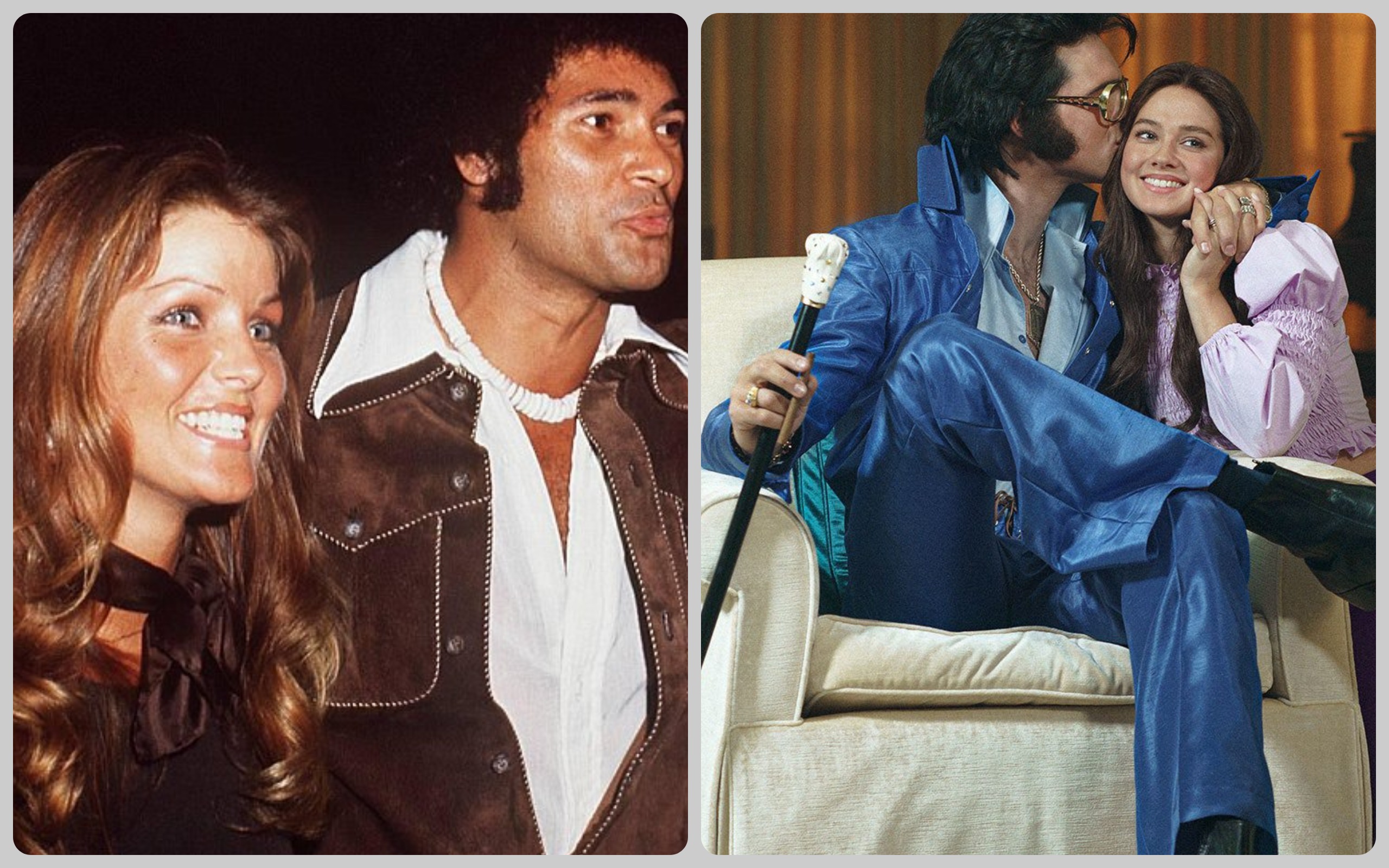Elvis Presley. Priscilla Presley. Mike Stone. Three names that evoke glamour, music history—and, in a new memoir, jealousy, betrayal, even assassination chatter. In Softly, As I Leave You, Priscilla, now 80, claims Elvis was “angry and humiliated” after learning of her affair with her karate instructor, Mike Stone. She alleges Elvis asked his friend Joe Esposito to “find a hit man.” This juicy, iron-shaded chapter in rock ’n’ roll lore comes clothed in grief and regret, but it’s impossible not to lean in. What really happened? And what does it mean for how we view celebrity, power, and love gone wrong?

Priscilla’s Most Shocking Claims
Affair, divorce, humiliation
Priscilla writes that during her separation from Elvis in the early 1970s, her “close friendship” with Mike Stone—her karate instructor—became something more. Though both were married and had children, she says the affair wasn’t the cause of the collapse of her marriage—it was the straw, not the spark. Elvis had known things had been crumbling. Priscilla felt “desired” again, alive, and she “fell headlong.” Яху+2The Sun+2
“Mike had to die” — a hit man request
This is the part that reads like something out of a pulp novel. According to Priscilla, Elvis was so distraught when he discovered her with Stone that he told his inner circle Mike “had to die,” and even asked Joe Esposito to find someone who could kill him. Яху+2The Sun+2
The sexual intensity, the “real man” fantasy
She also claims that, toward the end of the marriage, Elvis insisted on proving that he could make love “like a real man,” the way he imagined a karate master doing it—something she describes as forceful. It’s an especially brittle note: desire, power, shame, physical performance all tangled together. The Sun+1
Not just grotesque drama—loss, guilt, grief
Priscilla doesn’t only play the scandal card. She admits guilt (they were married to others), shame (the public fallout), but also memories of loss: of identity, of trust, of what it meant to be in Elvis’s orbit. In newer revelations, she also details painful, heartbreaking moments after Elvis’s death: the death of her daughter Lisa Marie, the suicide of her grandson, and the way she’s rebuilt—or attempted to rebuild—her life. People.com+1

What It Means for Celebrity Culture & Elvis’s Legacy
Power, control, and image
Elvis has long been mythologized—not just as the King of Rock, but as a paragon of masculinity. Priscilla’s portrayal complicates this: the “strong man,” the rock champion, feeling humiliated and resorting to lethal threats. It reminds us how celebrity often involves a performance of invincibility, and how the backstage reality can be ugly. The ‘King’ didn’t always feel like one.
Woman, memoir, reclamation
Priscilla isn’t just dumping on Elvis; she’s rewriting her own story. For decades, she was a supporting character in the Elvis narrative: wife, muse, Living at Graceland. Now, she’s author, actor, businesswoman—and claims her voice matters. Her memoir is an act of reclaiming: power over memory, agency over past trauma. That’s a trend we’ve seen (and welcomed) with other celebrity memoirs in recent years.
What makes this different?
Lots of memoirs spill secrets. But this one—due out September 23, 2025—is especially potent because Priscilla is pulling back the curtain on emotional extremities: jealousy, sexual pressure, threats of violence. Combined with her age and perspective, she’s offering not just gossip, but reflection. And that makes it more credible (and more wrenching). Barnes & Noble+1
The Risks and Rebuttals
Memory, embellishment, sensationalism
It’s possible that some of these memories are colored by time, by pain. Memoirs tend toward the dramatic. Priscilla admits as much: that things were “crumbling” long before the affair. Elvis is dead, so he can’t confirm or deny these claims. Joe Esposito is too. So part of this depends on how much we trust her account. Still, she has little to gain by exaggerating violence (unless she’s after clicks—and maybe she is—but that doesn’t make the story false).
Public reaction and legacy impact
Already, fans are rethinking Elvis. The King is complex, his behavior not always admirable. But that has been true for quite some time. This book may sharpen certain criticisms—on masculinity, marital abuse, the unequal power in relationships. But for many, Elvis will remain, in memory, part icon, part mystery. Meanwhile, Priscilla risks backlash: being labeled bitter, sensational, or rewriting history. But in today’s culture, silence is often the more questionable choice.
Why It Resonates Now
-
Trauma in celebrity life feels like one of the few new frontiers. People are more receptive to stories about what fame costs rather than what it gives.
-
#MeToo aftershocks: even stories from decades ago are being re-examined under lenses of consent, coercion, emotional abuse. Priscilla’s descriptions of force, pressure, humiliation land differently now than maybe they would have in the 1970s.
-
Nostalgia + curiosity: Elvis is an icon deeply tied to American pop culture. Any revelation—especially one that humanizes him in an unflattering way—carries weight.
-
Memoirs as cultural events: With streaming series, podcasts, true-crime docs, audiences are primed for “behind-the-glamour” stories. Priscilla’s book steps straight into that lane.
Open Questions
-
How much did Elvis’s entourage know? Was Joe Esposito the only one, or did others try to dissuade him?
-
What was Mike Stone’s version? Has he disputed or confirmed these claims?
-
How does Priscilla reconcile the love and admiration she still seems to express in some parts of the memoir with the anger and betrayal in others?
-
What does this mean for Lisa Marie’s legacy, and how she dealt with her father?
-
Finally, how does this shift wider cultural understanding of relationships in the public eye—especially when someone has far more power, fame, and myth than their partner.
Closing
Celebrity memoirs often feel like peeling an onion: layers of glamour, then envy, then something a little sorrowful. Priscilla’s new revelations challenge the fairy tale around Elvis. But maybe more than anything, they remind us that even kings feel insecure, even icons get hurt. And that truth—ugly, messy, human—can still be worthy of remembrance. Hollywood loves a sequel; let’s see where this one goes. 😉
Sources
-
Priscilla Presley claims Elvis asked a friend to ‘find a hit man’ to kill Mike Stone during divorce — Yahoo Entertainment Яху
-
Elvis Presley said Priscilla’s boyfriend Mike Stone ‘had to DIE’ and ‘sought a hitman’ to kill him during divorce The Sun
-
Priscilla Presley Details Devastating Moment She Took Lisa Marie Off Life Support People.com
-
Softly, As I Leave You: Life After Elvis — Barnes & Noble listing Barnes & Noble


